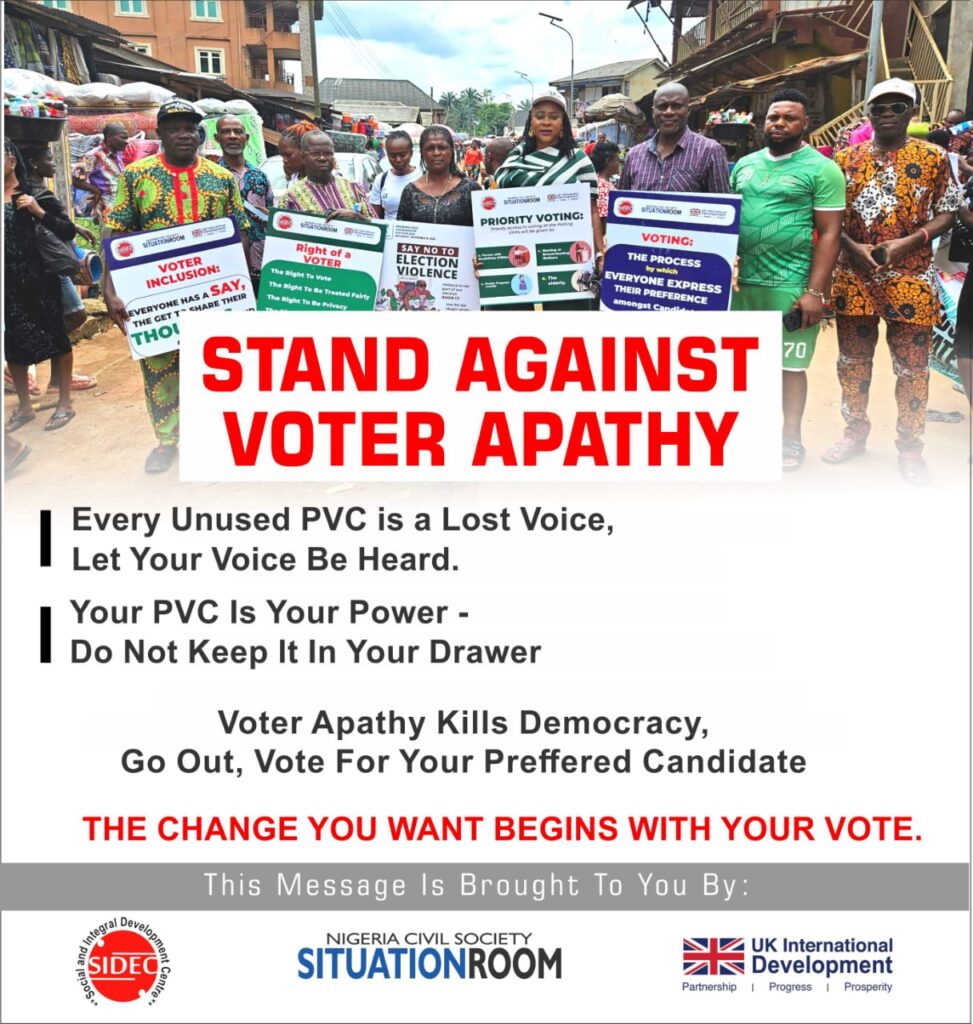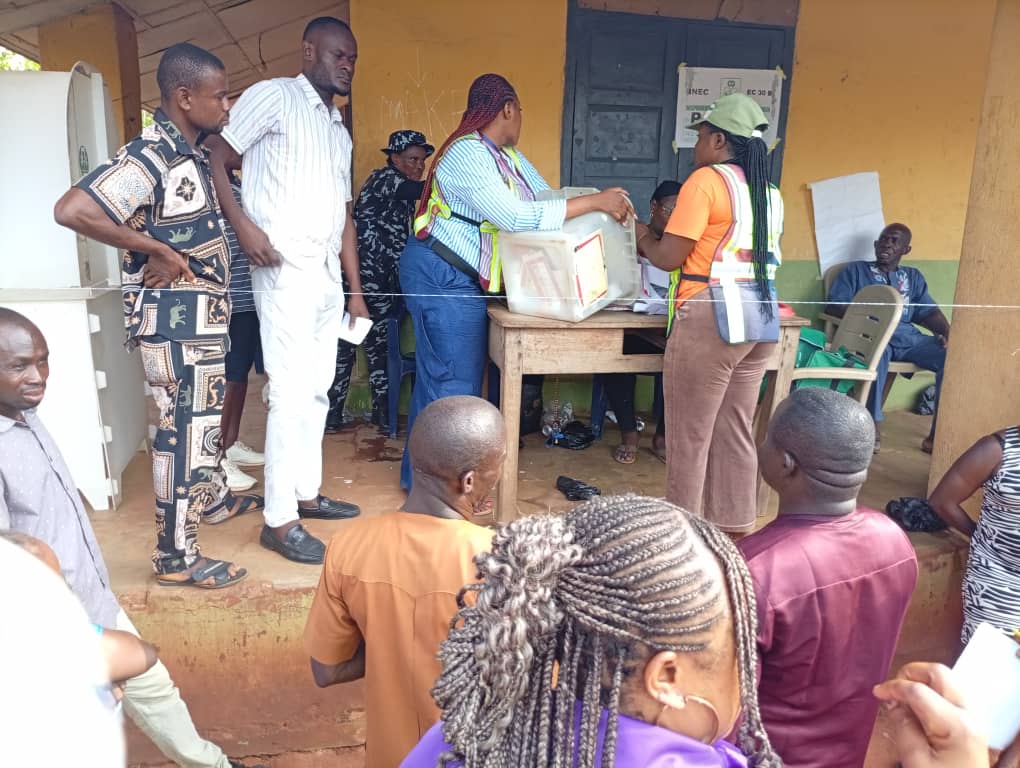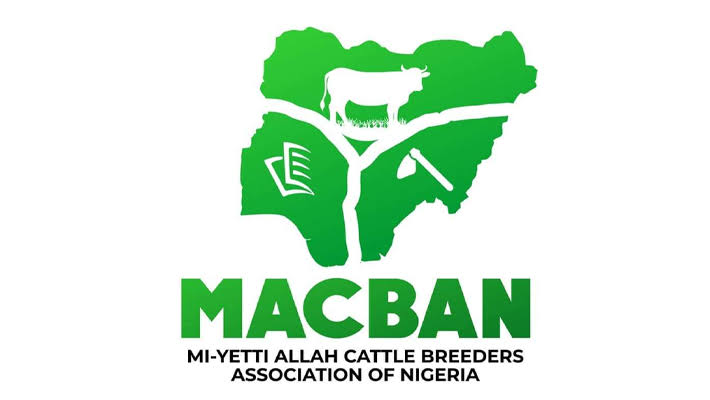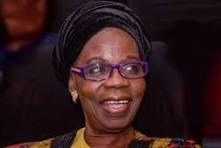Prince Chris Azor
When the U.S. President Donald Trump recently threatened to label Nigeria a “Country of Particular Concern” over alleged religious persecution, the declaration sparked widespread debate across the world. Yet, beyond the politics of faith and diplomacy lies a more silent but devastating crisis. It is not driven by religion or ideology, but by years of neglect. It is the slow-burning emergency created by the absence of effective social protection systems across our Federation.
If Nigeria were to establish an internal classification, many of its subnational entities would qualify as “States of Particular Concern (SPC)” Not for intolerance or persecution, but for their failure to protect citizens from poverty, hunger, and social vulnerability. Every day, countless Nigerians are pushed to the edge by the absence of safety nets and the indifference of the State.
The most pressing danger facing Nigeria is not only insecurity or corruption, but the steady erosion of social welfare and the widening gulf between those who are protected and those who are abandoned. As Nobel laureate Amartya Sen wisely said, “Development is freedom.” Freedom cannot exist where citizens are shackled by deprivation and fear of survival.
Resonating message
This message resonates powerfully as Anambra State approaches its November 2025 Governorship Election. The exercise is not merely a political contest; it is a moral test. It offers an opportunity for all candidates to redefine governance around its most sacred constitutional duty. Section 14(2)(b) of the 1999 Constitution clearly states that “the security and welfare of the people shall be the primary purpose of government.”
As campaigns gain momentum, the people of Anambra must insist that social protection, human security, and welfare become the centrepiece of every political agenda. Voters must no longer be persuaded by slogans, token promises, or temporary handouts. What citizens need now is leadership that will institutionalize protection for the poor, care for the vulnerable, and build resilience for the future.
Social protection not charity
Social protection is not an act of charity; it is an obligation of justice. It is the invisible infrastructure that sustains every other form of development. Without it, roads, industries, and schools cannot survive the weight of social instability. A visionary government must therefore, create a legal and institutional framework that guarantees predictable support for the poor, the elderly, persons with disabilities, women, and children.
Across Nigeria, very few States have enacted or implemented comprehensive social protection policies. Even where programmes exist, they are often fragmented, politicized, and grossly underfunded. This piecemeal approach betrays the poor and undermines the long-term sustainability of progress. Anambra must rise above this mediocrity and lead the way with a bold, people-centered policy that is protected by law and backed by resources.
A forward-looking administration should establish a State Social Protection Agency with statutory authority and a dedicated, intentional budget line. It should harmonize existing welfare schemes, strengthen social registers, and ensure that vulnerable Communities are reached transparently and efficiently. Such a Policy should also link social protection to peacebuilding, youth employment, and inclusive development.
Philosopher’s view
The Philosopher John Rawls once wrote, “Justice is the first virtue of social institutions.” Social Protection is justice in action. It recognizes the equal worth of every citizen and gives meaning to democracy. When government cushions the pain of its people, it reinforces trust, legitimacy, and peace. When it abandons them, it invites resentment, inequality, and instability.
The forthcoming Anambra election must therefore, be a referendum on welfare and human security. Civil society, faith leaders, the Media, and the electorate must hold every candidate accountable to clear commitments on social protection. Governance must be measured not by the number of projects completed, but by the number of lives protected and dignities restored.
Mahatma Gandhi once said, “The true measure of any society can be found in how it treats its most vulnerable members.” By that standard, too many Nigerian States are failing. It is time to change course. To ignore social protection is to gamble with peace. To neglect welfare is to weaken democracy. And to ignore vulnerability is to endanger the future.
The labeling of Nigeria as a country of “Particular Concern” should serve as a sobering warning. The real concern lies not only in international perception but in the domestic reality of millions who feel unprotected and unrecognized. The path forward demands leadership that places people at the heart of policy, that transforms compassion into structure, and that recognizes welfare as the foundation of peace.
Crucial time in Nigeria
As Anambra “Decides”, history offers a clear choice. A government that ring-fences social protection, security, and welfare will secure the loyalty and hope of its people. One that ignores these duties will inherit discontent and disorder. The time to act is now.
A Nigeria that protects its citizens is a Nigeria that earns the world’s respect. A State that protects its people is a State that prospers. This is the promise of social protection, and it is the path from particular concern to particular confidence.
Prince Chris Azor is a Citizen advocate, and President, International Peace and Civic Responsibility Centre (IPCRC)
08032102294 (SMS Only)






